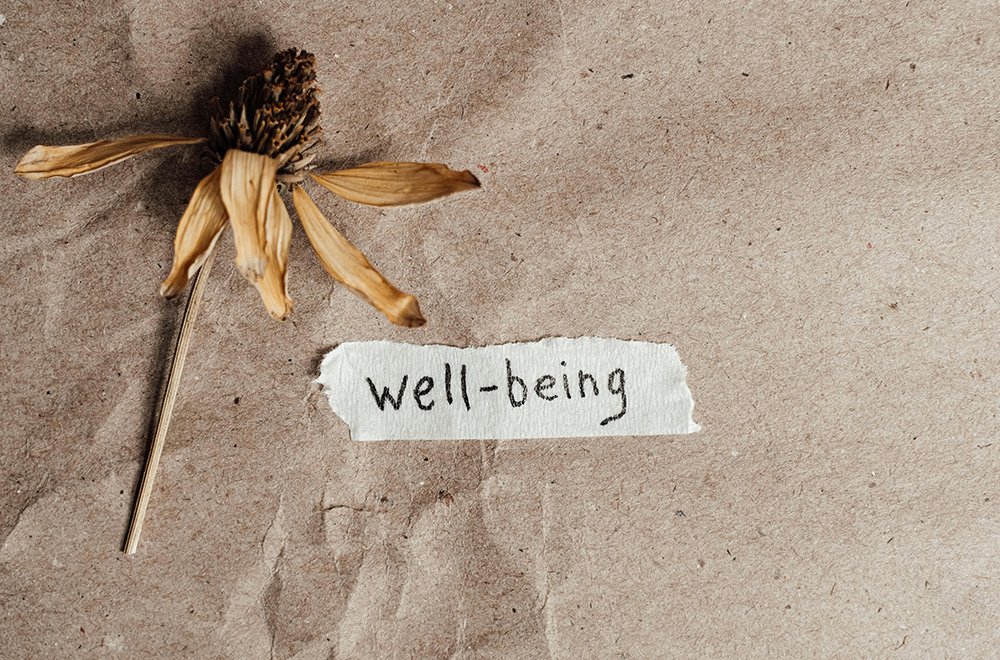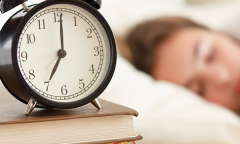
Taking care of your wellbeing
In this section we look at ways you can take care of your wellbeing such as exercise, diet and having a support network. Looking after your wellbeing can help you to reduce seizures and function better in your daily life.
Complementary therapies
How complementary therapies can help to promote your wellbeing and underlying health as well as reduce your stress levels.
Fasting and epilepsy
Fasting can be for religious reasons. But it has also become popular in recent years. Many people believe it is good for their health but how may it affect people with epilepsy.
Relationships and sex
Many people with epilepsy have fulfilling relationships with a partner. Other people may find that their epilepsy can affect physical and emotional issues around relationships or sex.
Diet and nutrition
A balanced diet from different food groups helps the body and brain to function, helping us to stay healthy. This may help reduce the risk of seizures for some people with epilepsy.
Finding support
Epilepsy and seizures can affect people in different ways. Support can mean finding understanding, ways to cope, or to feel more in control about living with epilepsy. Here are various ways that you can find support if you need it.
Exercise and sport
Exercise and sport improve fitness, energy, and mood, and can help to relieve stress. Improving overall health and wellbeing in this way can help reduce seizures and the impact of epilepsy for some people.
Sleep and epilepsy
Having a good night's sleep helps our brains to recover from the day's events, so that we can function well the next day. For some people with epilepsy a lack of sleep can make seizures more likely to happen, for others having seizures at night can make them feel tired during the day.
Alcohol, drugs and epilepsy
Whether to drink alcohol or take recreational drugs is a personal choice, but it is worth knowing the possible effects they could have on your epilepsy. Alcohol or recreational drugs can cause epilepsy in some people.










